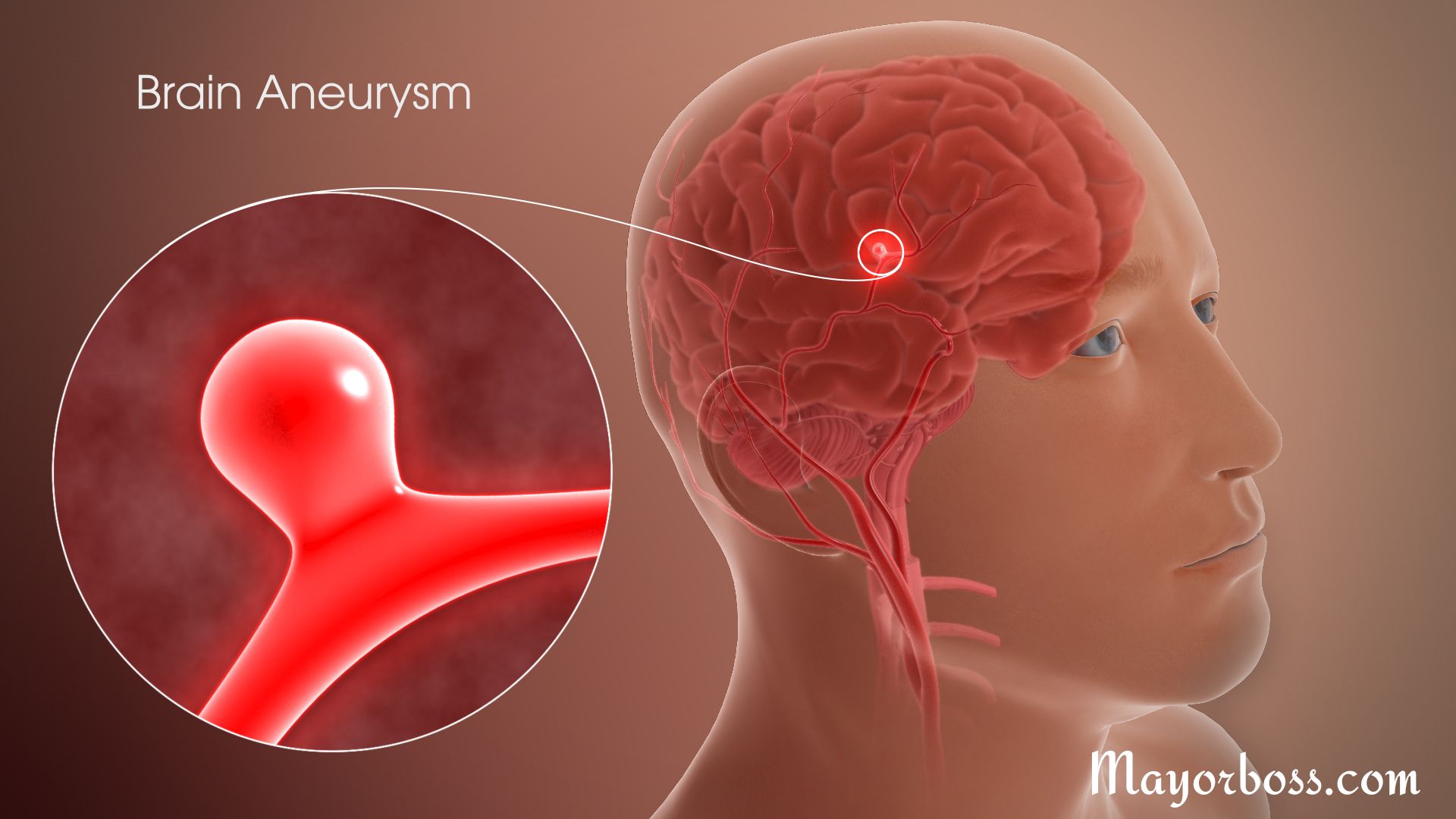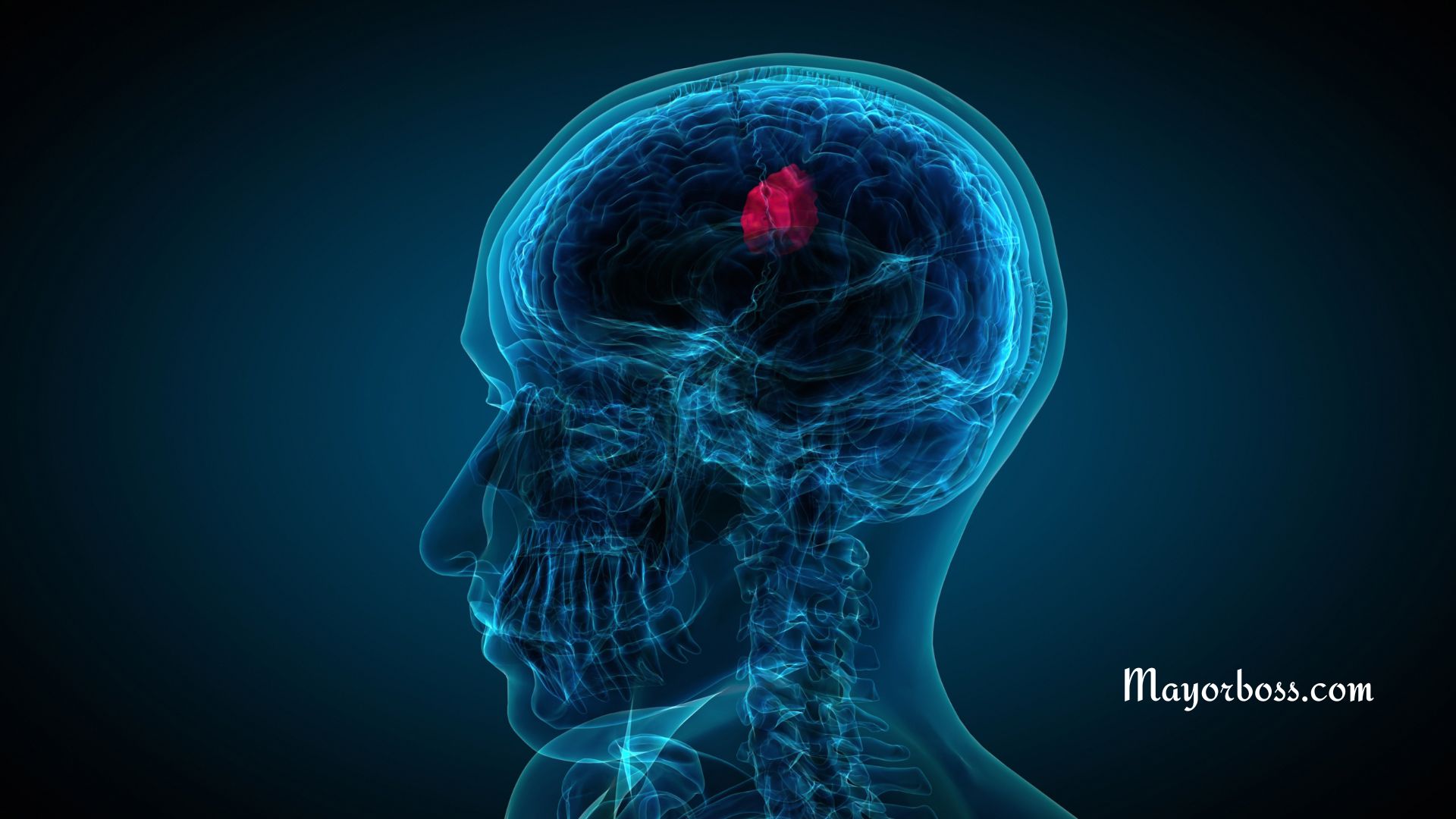The 3 Major Types of Headaches You Should Never Ignore
Headaches are a normal part of life. Most of us will experience a headache at some point, and for the most part, they’re nothing to worry about. However, there are certain types of headaches that you should never ignore. In this post, I’ll discuss three major types of headaches that you should always see a doctor for.
Migraines
Migraines are a type of headache that can be extremely debilitating. They’re often accompanied by nausea, vomiting, and sensitivity to light and sound. If you experience migraines regularly, it’s important to see a doctor so that they can help you find a way to manage them.
What is the best thing to do for a migraine?
- Over-the-counter pain relievers. One of the best things you can do for a migraine is to take an over-the-counter pain reliever like ibuprofen (Advil) or acetaminophen (Tylenol). These medications can help to relieve the pain and discomfort associated with a migraine. However, it’s important to note that they will not prevent a migraine from occurring.
- Apply a cold pack to your forehead or neck. Applying a cold pack to your forehead or neck can also help to relieve the pain and discomfort associated with a migraine. The cold temperature can help to numb the pain and decrease inflammation.
- Drink plenty of fluids. When you’re dehydrated, your body isn’t able to function at its best. This can actually trigger a migraine in some people. So, it’s important to make sure that you’re drinking plenty of fluids throughout the day. Water is always a good choice, but you can also drink herbal tea or fruit juice if you’re not a fan of water.
Cluster Headaches
Cluster headaches are a type of headache that recurs over a period of weeks or months. They are usually characterized by severe pain on one side of the head, often around the eye. Cluster headaches are also accompanied by other symptoms, such as tearing eyes, a runny nose, a sweaty face, and redness in the eye on the affected side.
Cluster headaches are less common than other types of headaches, but they are more likely to recur. There is no cure for cluster headaches, but there are treatments that can help relieve the pain and prevent future attacks.
Preventing cluster headaches starts with understanding what causes them. Cluster headaches are thought to be caused by abnormalities in the trigeminal nerve, which is a large nerve that extends from the brain to the face. Cluster headaches may also be caused by abnormalities in the hypothalamus, which is a region of the brain that regulates circadian rhythms, body temperature, and hunger.
There are several triggers that can bring on a cluster headache attack. These include alcohol, cigarette smoke, strong smells, and changes in sleep patterns. Keeping a diary of your headache attacks can help you identify your triggers and avoid them in the future.
There are several treatments that can help relieve the pain of a cluster headache and prevent future attacks. These include over-the-counter pain relievers, such as ibuprofen or aspirin; prescription medications, such as triptans; and oxygen therapy. If you suffer from cluster headaches, it is important to talk to your doctor about which treatment option is right for you.
Tension Headaches
Tension headaches are the most common type of headache. Many people have them once in a while. But some people have them often, even daily. People with tension headaches typically have tightness or pain in their neck, forehead, or temples. These headaches can sometimes feel like a band of pressure around the head.
How do you get rid of tension headaches?
There are many ways to get rid of tension headaches. Some people take over-the-counter pain relievers such as ibuprofen or aspirin. Others use prescription medications. Some people see a chiropractor or massage therapist. Others use relaxation techniques such as yoga or meditation.
Most tension headaches go away on their own without treatment. But if you have frequent or severe tension headaches, you may want to see a doctor to find out what’s causing them and how to treat them.
The bottom line
While most headaches are nothing to worry about, there are certain types that you should never ignore: migraines, cluster headaches, and tension headaches. If you experience any of these types of headaches regularly or unexpectedly, don’t hesitate to seek medical attention.
Learn More: What Can Help Me With Headaches? Here’s How to Get Rid of a Headache






